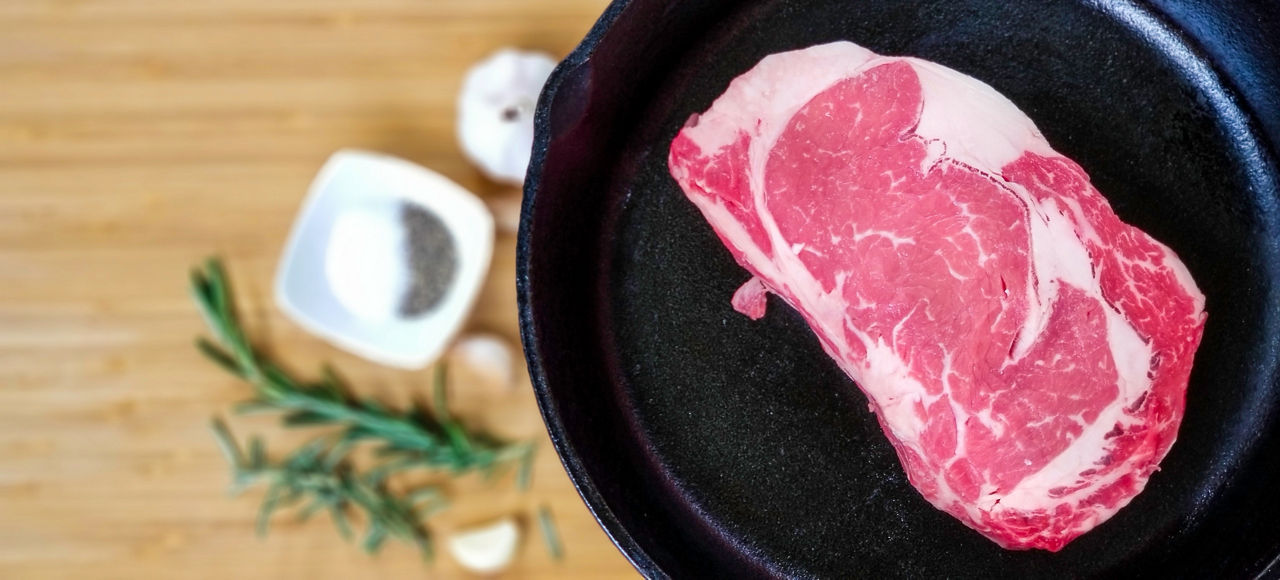Breastmilk is the best for babies. The World Health Organisation recommends exclusive breastfeeding for the first six months of life. Unnecessary introduction of bottle feeding or other food and drinks will have a negative impact on breastfeeding. After six months of age, infants should receive age-appropriate foods while breastfeeding continues for up to two years of age or beyond. Consult your doctor before deciding to use infant formula or if you have difficulty breastfeeding.
- Week 1
- Week 2
- Week 3
- Week 4
- Week 5
- Week 6
- Week 7
- Week 8
- Week 9
- Week 10
- Week 11
- Week 12
- Week 13
- Week 14
- Week 15
- Week 16
- Week 17
- Week 18
- Week 19
- Week 20
- Week 21
- Week 22
- Week 23
- Week 24
- Week 25
- Week 26
- Week 27
- Week 28
- Week 29
- Week 30
- Week 31
- Week 32
- Week 33
- Week 34
- Week 35
- Week 36
- Week 37
- Week 38
- Week 39
- Week 40
How Much Iron Do I Need During Pregnancy?
As you’re carrying your little angel, don’t forget to pay attention to your iron intake. Iron is an absolute must in your pregnancy diet and is essential for the health of mum and baby. Not sure where to start? Here’s a quick guide for you!
Iron is an important nutrient during pregnancy. An adequate intake of iron supports your baby’s brain development, and does wonders for its growing tissues and muscles1.
You may recall from your science lessons that iron makes haemoglobin. Indeed, haemoglobin is the protein in red blood cells that carries oxygen around your body and to your baby2. By taking adequate iron, you can be assured of a healthy supply of oxygen in your blood.
How Much Iron Do I Need?
Did you know that more than 40% of pregnant women in the world are anaemic? (WHO) This happens if you don’t take enough iron, which causes your red blood cell count to become too low for your body’s needs. Symptoms of anaemia include tiredness, breathlessness, heart palpitations, a pale complexion and a weakened immune system3.
Aside from negative effects on your health, pregnancy anaemia can also cause premature birth, a low birth weight5 and low iron levels in your baby6!
During pregnancy, your body uses more iron than usual. This is because more iron is needed for your developing baby, the placenta and the increased volume of blood cells. To be absolutely certain you’re on track, be sure to get your iron levels regularly checked. Where necessary, your doctor may recommend that you take an iron supplement – the World Health Organisation recommends 60 mg of iron supplementation a day for pregnant women.
Where Do I Get Iron From?
Iron is present in a variety of foods. The iron found in animal products is called haem iron, and is more easily absorbed than the non-haem iron provided by plant sources.
Include the following foods in your pregnancy diet to ensure an adequate intake of iron:
• Meat, including red meat and poultry
• Fish
• Nuts
• Wholegrains
• Dark, leafy vegetables
• Eggs
• Dried fruit
A Better Way to Absorb Iron7
If you’re wondering how you can help your body better absorb the non-haem iron from plant sources, look no further – Vitamin C breaks non-haem iron down into a form that can be more easily absorbed! The next time you eat iron-rich plant-based food, pair it with a glass of orange juice or a piece of citrus fruit. This is especially recommended for vegetarian mothers, as you’ll miss out on haem iron found in meat and fish.
On a final note, coffee addicts – be warned! Tannins, which are naturally occurring nutrients found in tea and coffee, actually reduce the absorption of iron. Drink plenty of fluids when you are pregnant, and stick to pregnancy-safe drinks!

Connect with our team of experts
We provide advice and support for you on your parenthood journey




